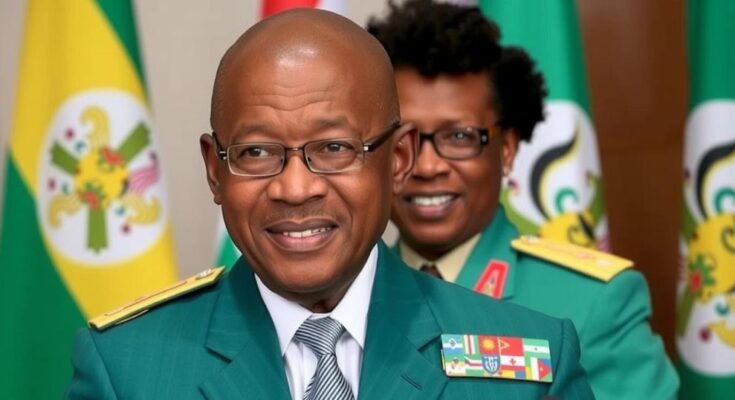Uganda’s military mission in eastern DRC faces scrutiny for alleged double dealing amidst reports of covert support for rival rebel factions. While Operation Shujaa has made some progress against the ADF, the group continues to pose a severe threat as they extend their reach into new areas, complicating the security landscape. Additionally, Uganda’s strategic interests in the region highlight the interplay between military and economic motivations in their actions.
Uganda’s military intervention in the eastern Democratic Republic of Congo (DRC) initiated in 2020 has begun to draw scrutiny due to allegations of double dealing. Initially aimed at combating the Allied Democratic Forces (ADF), a militant group linked to the Islamic State, reports suggest that Uganda may be covertly supporting other rebel factions, notably M23, a group backed by Rwanda, raising concerns over its true intentions. While Operation Shujaa has experienced some military successes against the ADF, such as regaining control over significant territories near the Ugandan border, the operation has not eliminated the threat posed by the ADF, which continues to inflict violence upon civilians in different regions of the DRC.
Despite a reduction in the ADF’s presence in certain areas, moving significantly into previously unaffected regions such as Ituri and Tshopo, the group remains active and lethal. UN reports cite that as the Ugandan forces attacked the ADF, the rebels scattered without sufficient containment strategies to prevent them from launching further assaults. Rectifying the situation requires Uganda to focus not only on eliminating ADF strongholds but also on collaborating transparently with the DRC government to quell regional tensions.
Critically, Uganda’s military operation doubles as a vital economic venture, as it aims to oversee infrastructure projects and secure trade routes critical for its oil ambitions. Uganda’s involvement in the DRC, while framed as a security measure, is often perceived as a maneuver to safeguard its regional economic interests in the face of growing Rwandan influence through the M23 group. Uganda’s strategic approach appears to adapt based on the prevailing conditions, emphasizing the protection of its economic footprint while navigating the complexities of regional politics.
The ongoing military operations in eastern DRC involve complex interactions among various armed groups, regional powers, and international interests. Uganda’s initial military mission, named Operation Shujaa, was launched with the intent to dismantle the ADF, a group responsible for widespread violence in the region. However, accusations of Ugandan support for rival rebel factions, such as M23, complicate the narrative, suggesting ulterior motives behind Uganda’s military presence in the DRC.
Uganda’s military engagement in the DRC, while achieving some operational success against the ADF, exposes deeper regional dynamics and questions regarding its commitment to genuine peace efforts. Criticism arises surrounding allegations of double dealing and covert support for rival factions. This situation underscores the need for Uganda to balance its security objectives with its economic interests while maintaining cooperation with the DRC government to address the broader issues of regional stability and economic interactions.
Original Source: www.rfi.fr




